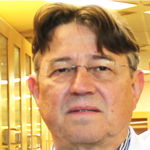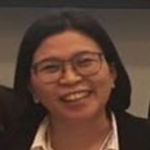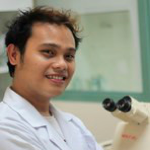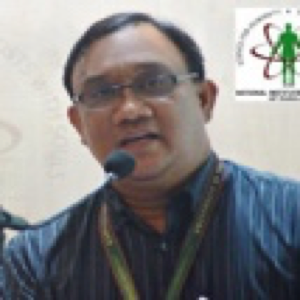
Rodney Dofitas, MD
Dr. Rodney is a board-certified General Surgeon. He has extensive training, and clinical exposure to the Surgery of Cancer. Since 1995, he has practiced in and taught medical students and residents on Breast, Head, and Neck (including Thyroid) and Upper Gastrointestinal Cancer. He is the Chief of the Division of Surgical Oncology of the Philippine General Hospital since 2012 up to the present. He is the Philippine representative to the Asian Hereditary Breast Cancer Consortium. He is a Clinical epidemiologist and has participated in local as well as international research trials (with Dr. Richard Love of the National Cancer Institute, Bethesda Maryland) on Breast Cancer and Wound Care. In this collaboration, Dr. Dofitas will be responsible for the collection of Tissue samples from breast, ovarian and uterine cancer, as well as blood, urine, and hair samples. He will improve the existing tissue biobanking system in Philippine General Hospital/UP Manila. He will also be responsible for gathering, storing and maintaining high-quality patient and disease database. His experience and leadership enable him to form results-based Cancer research teams that will make this project happen and reach up to the study completion.
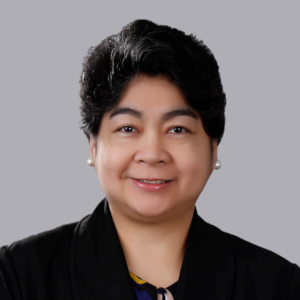
Ma. Antonia Habana, MD
Dr. Maria Antonia E. Habana is a Professor 12 of the University of the Philippines Manila, College of Medicine (UPCM), Philippine General Hospital (PGH), with cross appointment to the Department of Clinical Epidemiology. As a consultant of the UP-PGH and the Department of Obstetrics and Gynecology, she holds multiple positions: She is the Head of the Quality Improvement and Patient Safety Committee (QUIPS) under the Office of the Director and is the Vice Chair on Graduate Programs of the Department of Obstetrics and Gynecology. She is also very active in the different societies in the field of Obstetrics and Gynecology: She is the Chair of the Philippine Obstetrical and Gynecological Society (POGS) Ad Hoc Committee on Patient Blood Management, and is the Vice President of the Philippine Society for Gynecologic Endoscopy (PSGE). Dr. Habana is known for her interest in research and publication. Her special research interests are in obstetrics and gynecology, gynecologic endoscopy and reproductive endocrinology and infertility. She has multiple award-winning research and interesting case papers, most of which were published in numerous local and international publications and has been presented in national and international conferences. She is presently the Editor of the Philippine Journal of Reproductive Endocrinology and Infertility, as well as the Associated Editor of the Philippine Journal of Obstetrics and Gynecology (PJOG) and of the Asia Pacific Initiative on Reproduction (ASPIRE) Fertility and Reproduction Journal. She is also a technical reviewer of the Journal of the ASEAN Federation of Endocrine Societies and peer reviewer of the Acta Medical Philippina. Important academic awards of distinction include: POGS Most Outstanding Young Researcher (2000), National Academy of Science and Technology (NAST) Outstanding Young Scientist (2001), POGS Honoria Acosta Sison Merit Award for Research (2017), UP Medical Alumni Society (UPMAS) Outstanding Award (2018) and the UP-PGH Department of Obstetrics and Gynecology Gloria T. Aragon Memorial Award for Excellence (2019).
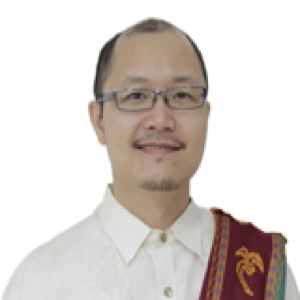
Michael C. Velarde, PhD
Professor Michael has a longstanding interest in the study of cell proliferation, apoptosis, and sex steroid hormone signaling. Dr. Velarde currently heads the Regenerative Biology Research Laboratory at the University of the Philippines, Institute of Biology. The lab is focused on studying why some cells no longer divide (cellular senescence), while others proliferate indefinitely (cancer and stem cells). The lab is committed to determining the mechanisms involved in cell cycle control and how it relates to normal development and disease progression, particularly, identifying interventions that are capable of promoting tissue regeneration and preventing malignant tumor growth. In line with this, Dr. Velarde’s strong background in cell proliferation control enables him to generate and propagate primary cells and cell lines for cancer research.





